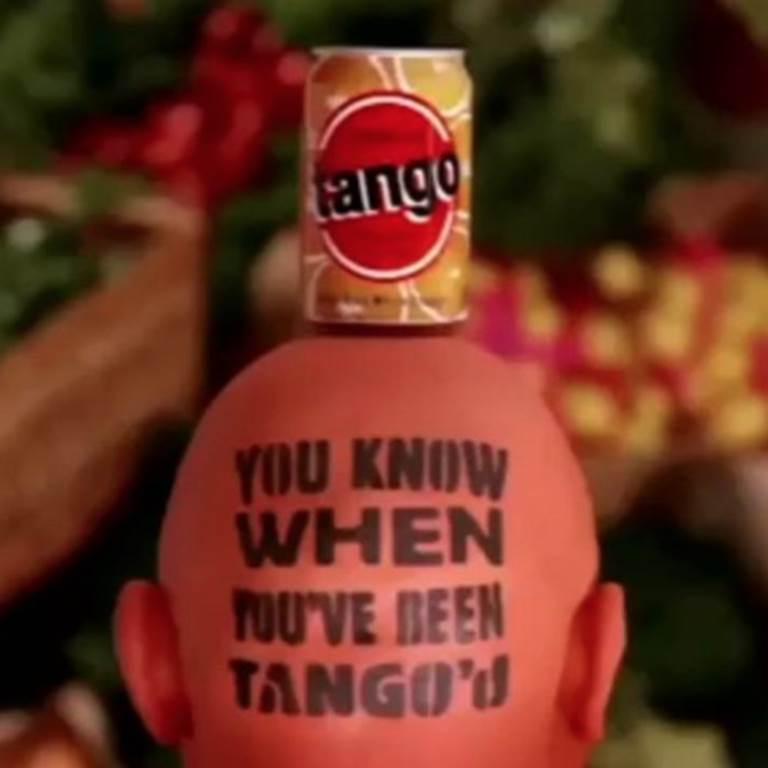WHO’S THE DADDY?
news
In the Press
Published by
Charles Vallance
Date
06/08/2018
It's tempting to claim involvement in an award-winning piece of work. But when collaboration is the order of the day, it becomes difficult to pinpoint exactly who is responsible for a campaign's success.
We live in an age when there are fewer and fewer creative boundaries.

A desire for accreditation
There are a few answers to this question, which I’ll come to. But I’d first like to highlight why this is an increasingly important subject.
What I find interesting in these situations is that the companies most eager to take credit can sometimes be those who become involved considerably after the origination process has taken place. And this brings me back to my earlier question. What is the downside of overclaiming or vamping someone else’s efforts and enterprise?
We create false expectations for ourselves and for others, and we can quickly become hostage to our unduly inflated reputation.

Well, there is the axiom we were all taught at school: if we cheat in exams, we only cheat ourselves. Indeed so. There is only one thing worse than being underestimated, and that is being overestimated. We create false expectations for ourselves and for others, and we can quickly become hostage to our unduly inflated reputation. The danger then is that we get caught in a cycle of overclaim, increasingly reliant on the validation of gongs and plaudits rather than the more homespun rewards of doing a day’s work.
The corrosive nature of this credit-craving cycle is highlighted in Jim Collins book How the Mighty Fall. He outlines eight dynamics that lead to organisational decline, and one of the chief culprits is a tendency for the leadership team "to seek as much credit as possible for themselves" as opposed to "crediting other people for success". Two other closely related signifiers of decline are a culture of denial (bad news is to be avoided, rather than confronted and thus learned from), the second is a culture of blame where failure leads to "a search for culprits rather than wisdom".
The grey area between congratulation and self-congratulation does not in any way diminish the importance of giving credit and applauding achievement. It is vital that we do so. But it does highlight a difficulty. The creative process is becoming increasingly porous and osmotic.
It is more and more difficult to draw neat divisions of authorship when co-authorship is the order of the day. So my advice when someone asks "Who’s the daddy?" is to answer "everyone". It’s a bigger word than "me".


